详细说明
Species Reactivity
Human, Mouse, Rat
Specificity
Detects human PSMA1 in direct ELISAs. Detects endogenous human, mouse, and rat PSMA1 in Western blot.
Source
Monoclonal Mouse IgG 2A Clone # 785019
Purification
Protein A or G purified from hybridoma culture supernatant
Immunogen
E. coli-derived recombinant human PSMA1
Gln16-His263
Accession # P25786Formulation
Lyophilized from a 0.2 μm filtered solution in PBS with Trehalose. *Small pack size (SP) is supplied as a 0.2 µm filtered solution in PBS.
Label
Unconjugated
Applications
Recommended
ConcentrationSample
Western Blot
0.2 µg/mL
See below
Please Note: Optimal dilutions should be determined by each laboratory for each application. are available in the Technical Information section on our website.
Data Examples
Western Blot | Detection of Human, Mouse, and Rat PSMA1 by Western Blot. Western blot shows lysates of HeLa human cervical epithelial carcinoma cell line, HepG2 human hepatocellular carcinoma cell line, RAW 264.7 mouse monocyte/macrophage cell line, NRK rat normal kidney cell line, and Rat‑2 rat embryonic fibroblast cell line. PVDF membrane was probed with 0.2 µg/mL of Mouse Anti-Human PSMA1 Monoclonal Antibody (Catalog # MAB7565) followed by HRP-conjugated Anti-Mouse IgG Secondary Antibody (Catalog # ). A specific band was detected for PSMA1 at approximately 30 kDa (as indicated). This experiment was conducted under reducing conditions and using . |
Preparation and Storage
Reconstitution
Sterile PBS to a final concentration of 0.5 mg/mL.
Shipping
The product is shipped at ambient temperature. Upon receipt, store it immediately at the temperature recommended below. *Small pack size (SP) is shipped with polar packs. Upon receipt, store it immediately at -20 to -70 °C
Stability & Storage
Use a manual defrost freezer and avoid repeated freeze-thaw cycles.
12 months from date of receipt, -20 to -70 °C as supplied.
1 month, 2 to 8 °C under sterile conditions after reconstitution.
6 months, -20 to -70 °C under sterile conditions after reconstitution.
Background: PSMA1
PSMA1 (Proteosome subunit alpha type-1; also 30 kDa prosomal protein/PROS30, HC2, proteasome component C2/PSC2, PSMA-1/ alpha 6, and NU) is a 30 kDa member of the peptidase T1A family of enzymes. It is widely expressed, and found in both cytoplasm and nucleus. Short-lived intracellular molecules (typically proteins) are enzymatically degraded by the 26S proteosome. This is a multisubunit 3D complex that is over 2000 kDa in size, and recognizes previously ubiquitinated proteins. The middle of this 26S complex is shaped like a barrel with four staves that run circumferentially rather than longitudinally. Each stave contains seven subunits, with
beta ‑type subunits generating the two center staves, and alpha -type subunits comprising the outer, or flanking staves. The function of the barrel, also known as the 20S protease core "particle", is to enzymatically cleave substrates that enter its chamber. For proteins, this is done by beta ‑type subunits. The 26S complex also cleaves mRNA, and this is mediated by alpha -type subunits. PSMA-1/ alpha 6 does not cleave mRNA, but it does positively regulate PSMA5/ alpha 5 catalytic activity. Notably, PSMA1 has also been reported to bind to LPS. Human PSMA1 is 263 amino acids (aa) in length. It contains an acetylated Met at position #1, plus three utilized phosphorylation sites at Tyr6, Thr11, and Ser16. There are at least four potential isoform variants. Three utilize alternative start sites. One shows a start site at Met140, while a second and third initiates translation at sites 6 and 43 aa upstream of the standard site, respectively. A fourth isoform possess a 16 aa substitution for aa 115-263. Over aa 16-263, human PSMA1 shares 98% aa sequence identity with mouse PSMA1.
Long Name:
Proteasome (Prosome, Macropain) Subunit, alpha Type, 1
Entrez Gene IDs:
5682 (Human); 26440 (Mouse); 29668 (Rat)
Alternate Names:
Macropain Subunit C2; P30-33K; PROS30; Proteasome Component C2; Proteasome nu Chain; PSC2; PSMA1







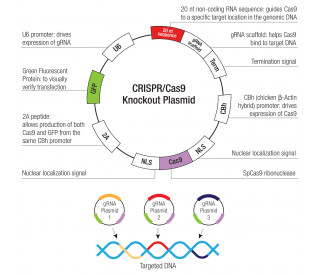
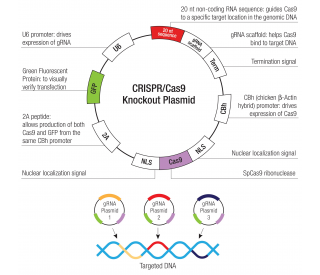
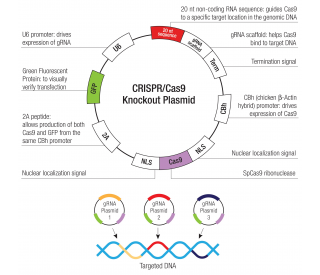
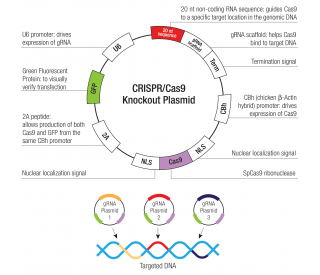
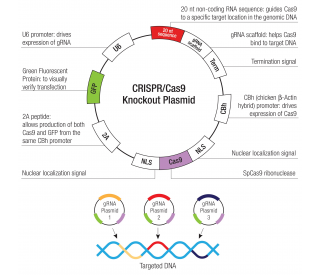
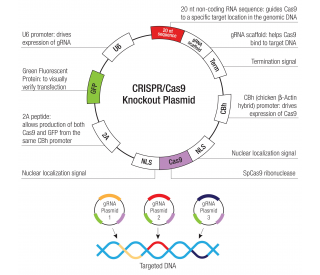



 粤公网安备44196802000105号
粤公网安备44196802000105号